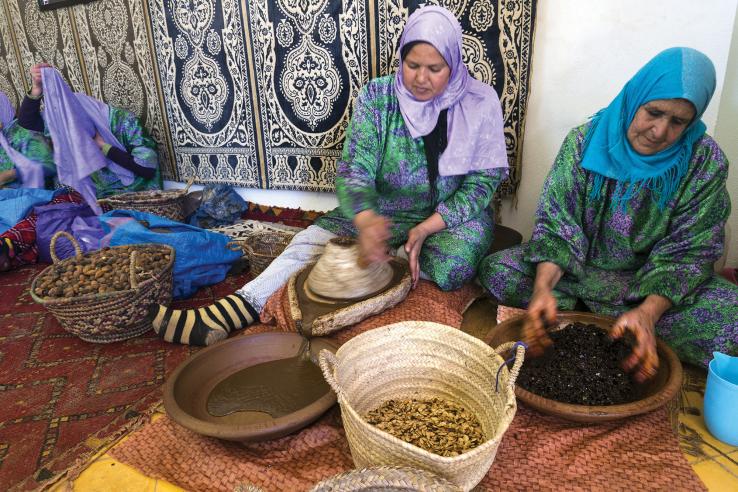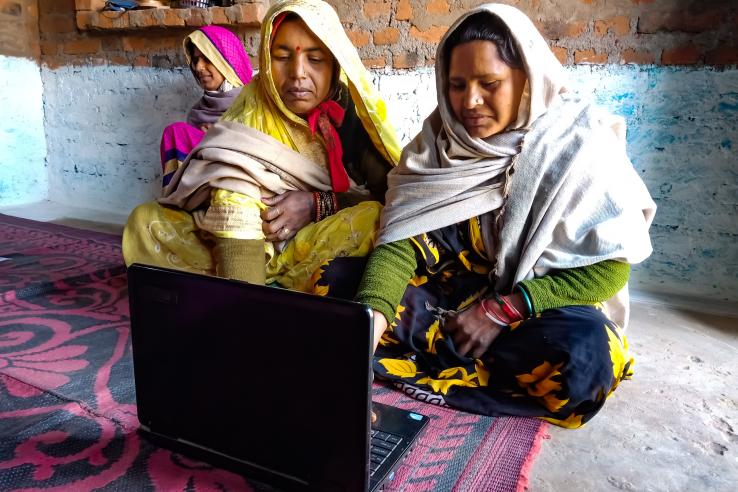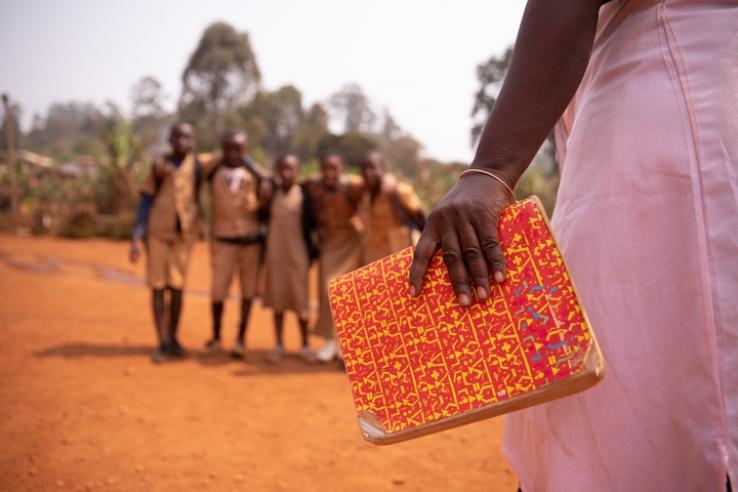Displaying 8296 - 8310 of 8350
Evaluation
Researchers estimated the impact of a microcredit program, which was randomly rolled out in rural areas of Morocco. Thirteen percent of the households in treatment villages took a loan, and none in comparison villages did. Among households identified as more likely to borrow, microcredit access led to a significant rise in investment in assets used for self-employment activities, and an increase in profit, but also to a reduction in income from casual labor. Overall, there was no gain in income or consumption.
Person
Leonardo Geretto is a pre-doc Research Assistant at J-PAL Europe, where he supports a number of research projects led by Prof. Luc Behaghel and Prof. Marc Gurgand in education and labour economics.
Event
AI For Social Good: Impact That Works is a research symposium on evidence from India and beyond on the effectiveness of AI applications in the field.
Person
Person
Tarun Timalsina is a Policy Associate at J-PAL Global, where he works with the Political Economy and Governance (PEG) and Crime, Violence, and Conflict (CVC) sectors. Tarun also supports J-PAL Global’s Governance, Crime, and Conflict Initiative (GCCI).
Resource
Basic page
Partner with J-PAL to design a custom training program tailored to your organization's goals.
Person
Resource
Basic page
The Learning for All Initiative (LAI) is invested in creating more opportunities for African scholars to develop and drive the research agenda on the African continent. We are excited to present funding opportunities for resident African Scholars—those who have completed a PhD with sufficient...
Person
Michaela Chua is a Policy Associate at J-PAL North America where she supports the criminal justice initiative and racial equity team to create a more inclusive research network. She also works on the Initiatives Funded Projects (IFP) and the Affiliate and Invited Researcher Services (AIRS) teams...
Person


